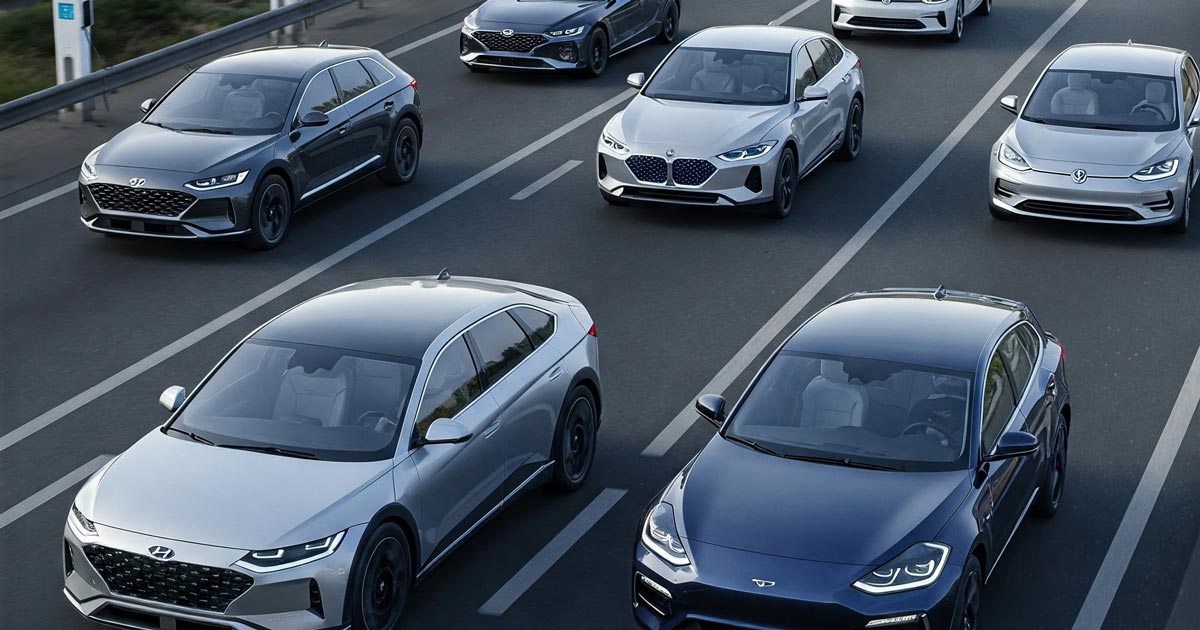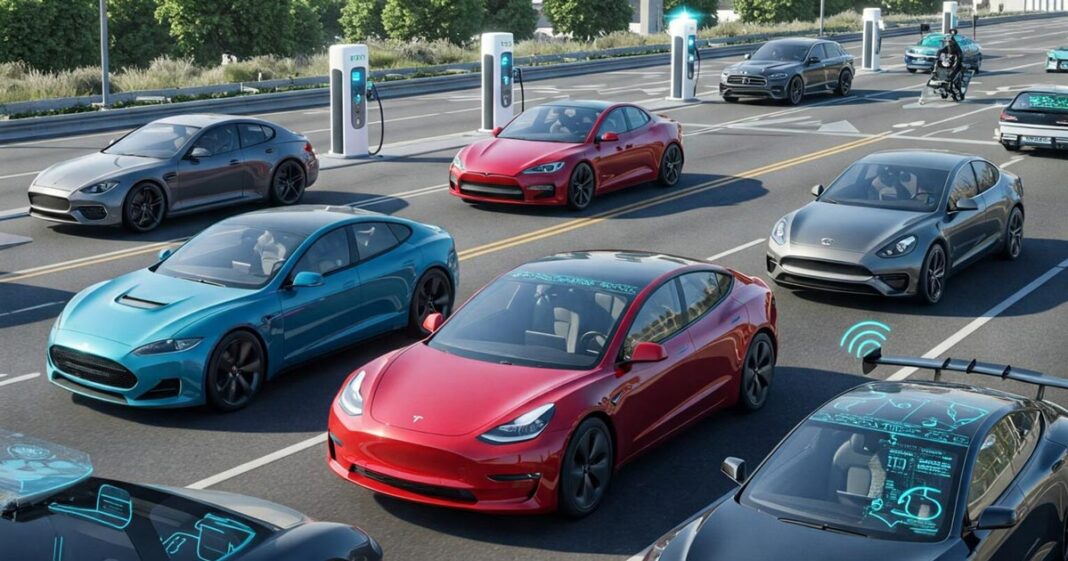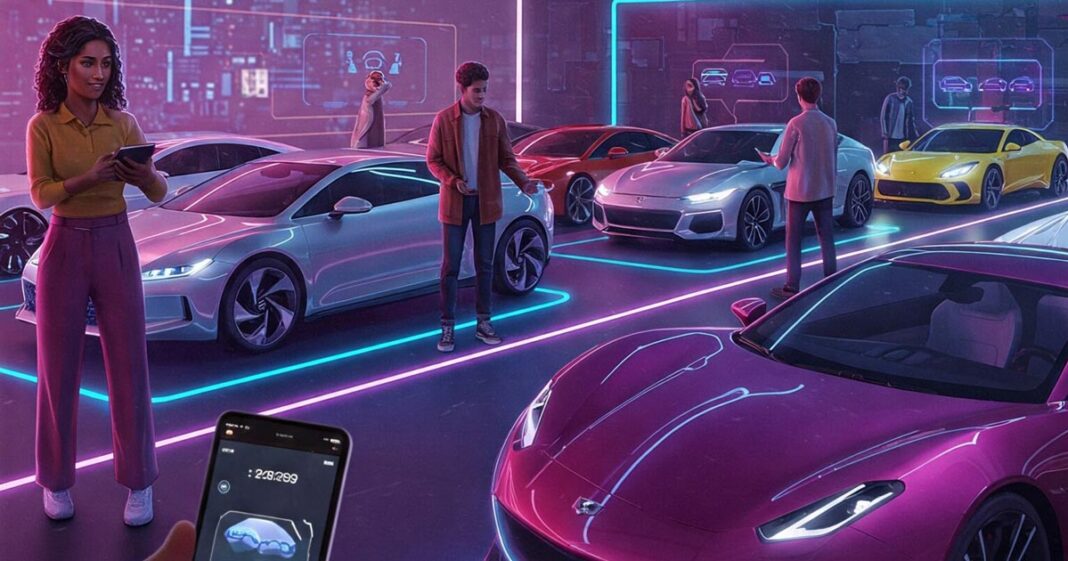From Ather to Ola, meet the Indian innovators taking on Tesla in the race for EV dominance in 2025 and beyond.

In the early 2010s, Tesla was the David to the auto industry’s Goliath. Today, it stands as the towering force in the electric vehicle (EV) landscape — until now. With 2025 accelerating toward an electrified and automated future, the question echoing across global automotive corridors is: “What’s next after Tesla’s dominance?”
Surprisingly, India is carving a remarkable slice of this revolution. From emerging EV startups in Pune and Bengaluru to tech-enabled OEMs in Gurugram, Indian entrepreneurs are not just joining the EV race — they’re redefining it.
The Indian Underdogs Charging Forward
Let’s begin with Ather Energy, the Bengaluru-based startup founded by IIT-Madras alumni Tarun Mehta and Swapnil Jain. While Tesla built electric cars, Ather built a culture around e-scooters. Their Ather 450X Gen 3 is now a household name in Indian cities. Backed by Hero MotoCorp and Tiger Global, Ather crossed 100,000 unit sales in 2024, making it one of the most successful Indian EV stories. Their innovation-driven charging network, Ather Grid, was even featured in The Hindu BusinessLine as India’s most accessible fast-charging network.
In 2023, the startup was honored with the “EV Start-up of the Year” award at the India Auto Show, Mumbai. Their CEO, Tarun Mehta, was named in Forbes India’s 30 Under 30 list and featured in ET Auto’s ‘Tech Titans of Tomorrow’.
But Ather isn’t alone in the fast lane. Ola Electric, founded by Bhavish Aggarwal, has taken aggressive steps to disrupt both domestic and international markets. After launching the S1 Pro scooter, Ola recently announced its electric four-wheeler prototype, expected to roll out in 2025. The car boasts a range of 500 km, AI-based driving assist, and the Ola Hypercharger network — a direct response to Tesla’s Superchargers.
In an interview with Business Today, Bhavish stated, “India will not follow EV trends. It will define them.” Ola’s Futurefactory in Tamil Nadu, claimed to be the world’s largest two-wheeler factory, signals just that.
Global Rivals Heating Up
While Indian startups electrify two-wheelers, global players like Rivian, Lucid Motors, BYD, and Hyundai are aiming to take Tesla’s crown in the premium EV segment. Rivian’s R1T and R1S SUVs are already making headlines in the U.S., while Lucid’s Air Sapphire boasts an 800 km range — something even Tesla’s Model S Plaid hasn’t crossed reliably.
Chinese automaker BYD, now officially selling EVs in India, recently surpassed Tesla in global EV sales in Q4 2024, as per Nikkei Asia. Their Atto 3 and Dolphin models are gaining traction among Indian millennials seeking affordability and smart tech.
Tech Giants Enter the Arena
2025 has also seen a surprising twist — tech companies entering the EV space. Apple’s long-rumored Project Titan is still in stealth, but Google-backed Waymo and Xiaomi Auto have revealed concrete plans.
India, too, is seeing tech-auto convergence. Tork Motors’ Kratos R, India’s first performance electric bike, incorporates smartphone-based diagnostics and over-the-air updates — echoing Tesla’s tech DNA.
Can Tesla Retain Its Mojo?
Tesla remains iconic. Its autopilot updates, Gigafactories, and even the controversial Cybertruck continue to dominate headlines. In India, Tesla has finally announced plans to enter the market in late 2025, starting with the Model 3 and a localized assembly plant in Gujarat. The news, covered widely in The Times of India and Mint, sparked interest among Indian industrialists.
However, Elon Musk’s India visit in March 2025 was met with mixed reactions. While he promised affordable EVs for the Indian middle class, critics pointed out Tesla’s late entry and India’s existing EV ecosystem.
The Road Ahead
India’s EV market, projected to reach $152 billion by 2030 (as per India EV Report 2024), is no longer waiting for Tesla. Instead, it’s building its own lane. With government schemes like FAME II, state subsidies, and rising petrol prices, Indian consumers are more EV-curious than ever.
More importantly, Indian innovators are no longer just reacting to Silicon Valley — they’re leading from the front. From IIT startups to auto giants like Tata Motors (whose Nexon EV led the SUV EV segment in 2024), India’s road to electrification is being written by its own hands.
Final Lap
As Tesla eyes India and other brands race forward, 2025 is shaping up to be the most competitive year yet in the EV industry. The future isn’t just electric — it’s diverse, tech-driven, and increasingly Indian.
So while Tesla may have started the EV fire, it’s the Indian entrepreneurs, dreamers, and engineers who are fanning the flames of a truly global movement.





